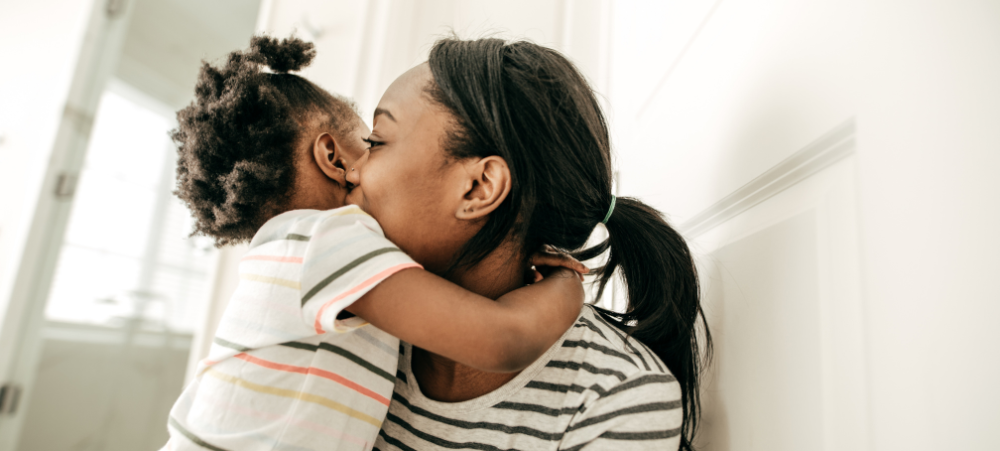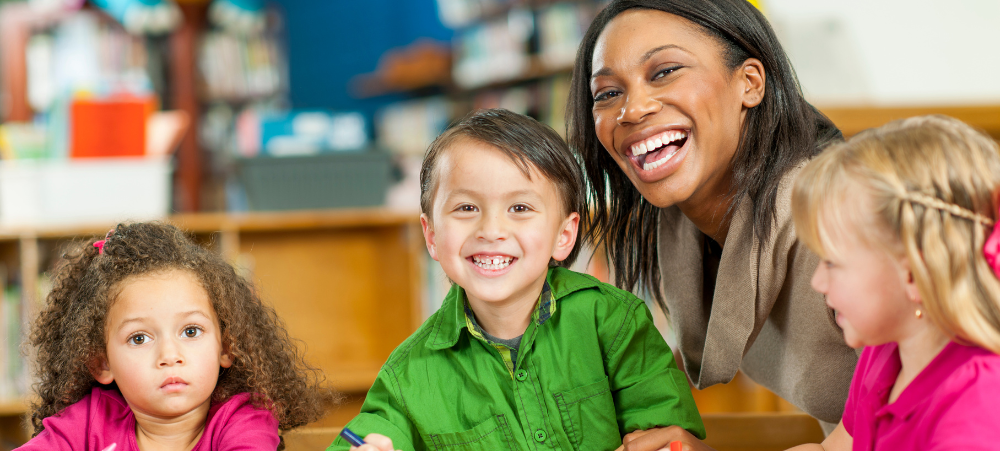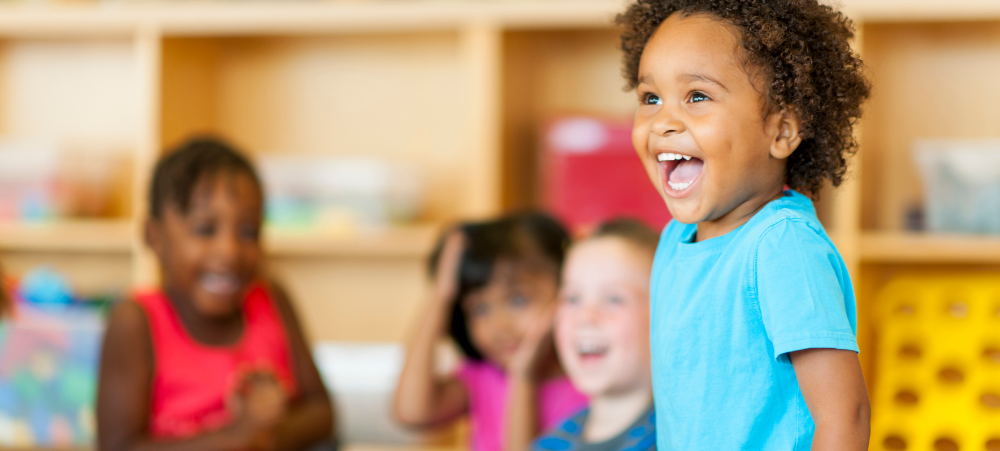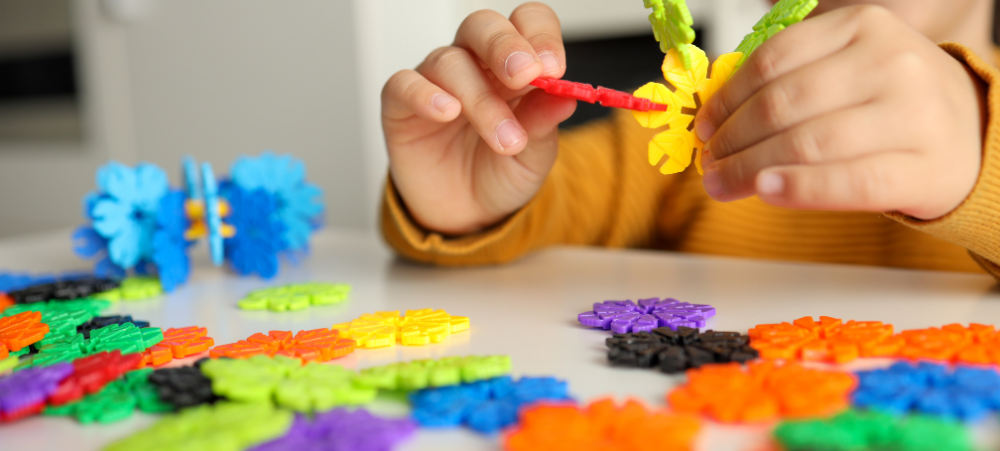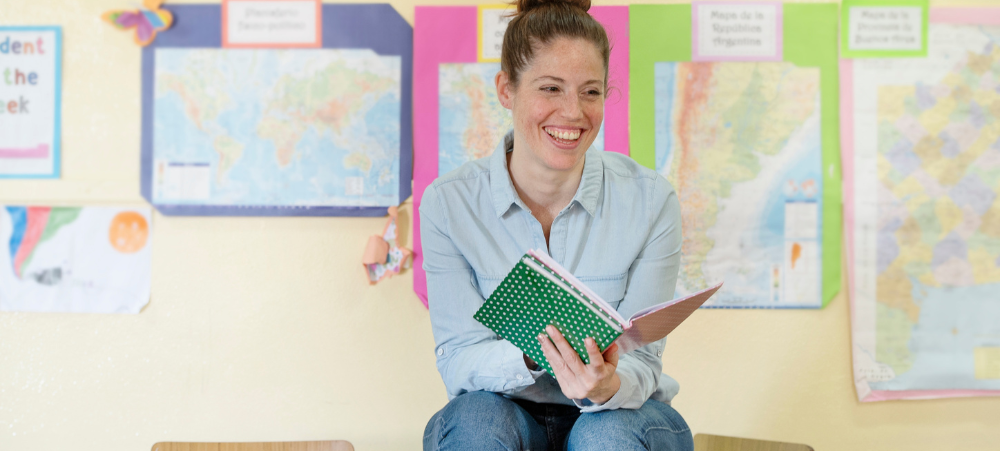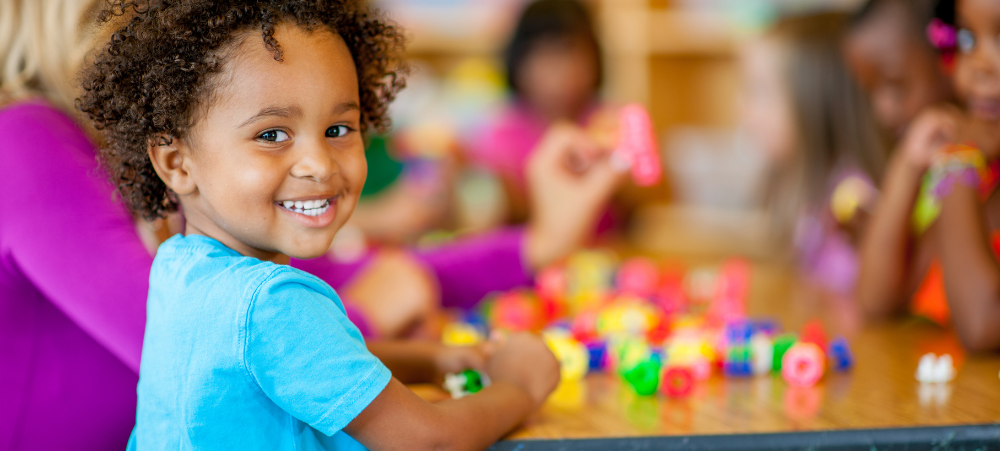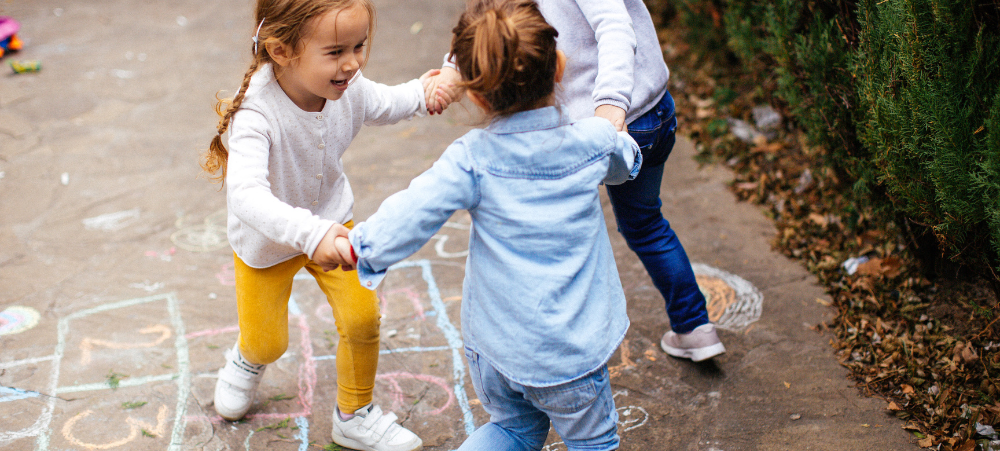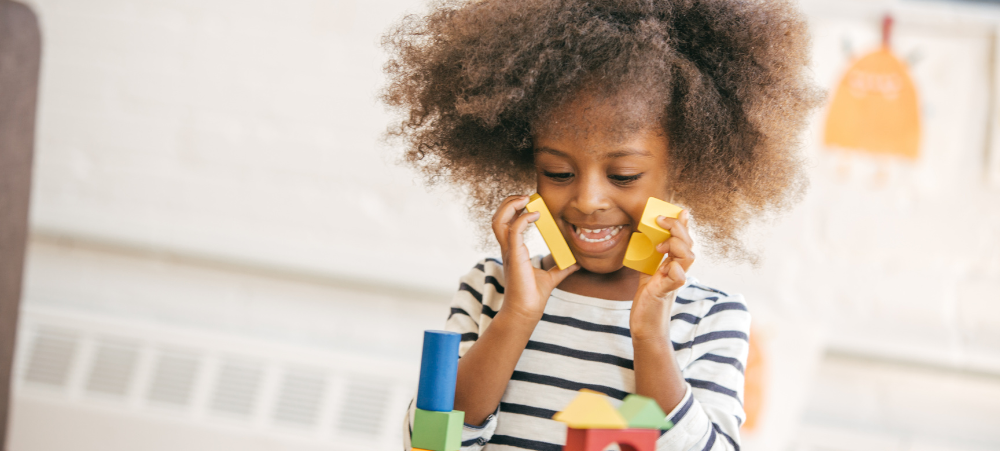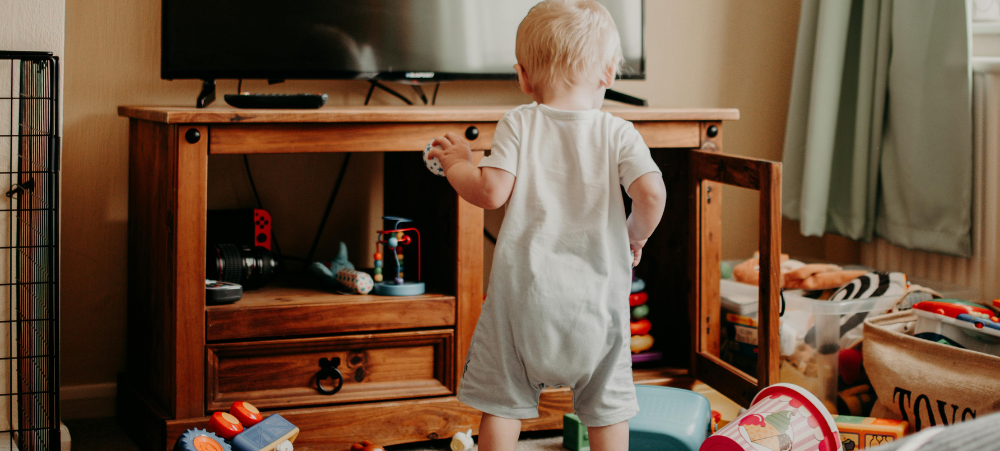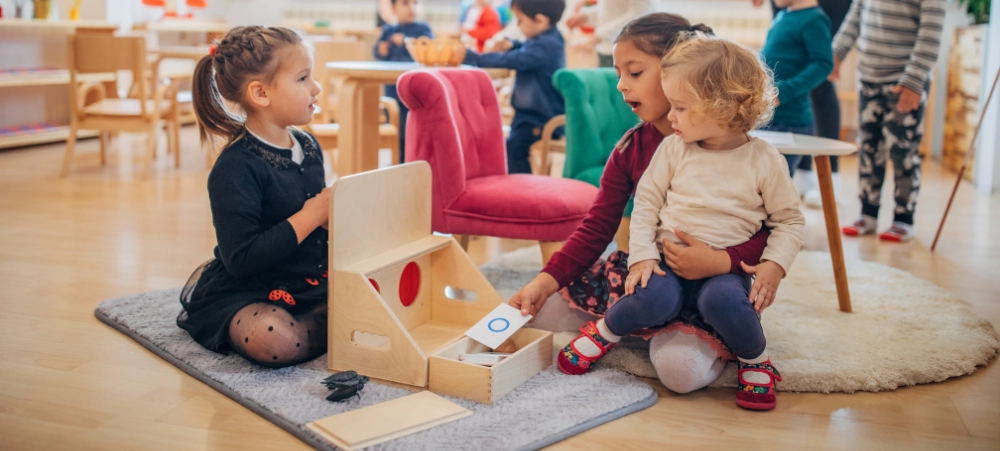
What Parents Should Look for in a Preschool: The Power of Play-Based Learning
“As the year draws to a close, parents face the significant decision of choosing the right preschool for their child in 2026. This choice lays the foundation for your child’s early learning journey, and it deserves careful thought. As a preschool educator, I believe parents should prioritise a nurturing, safe, and developmentally appropriate environment that fosters growth through play-based learning. Here’s what every parent should consider when selecting a preschool and why play-based learning is so vital at this stage. What parents want and need from a preschool “Parents of preschool-aged children share common priorities when choosing a school. Above all, they seek a safe and secure environment where their child feels cared for and protected. This includes a clean facility, vigilant supervision, and protocols that prioritise child safety. Equally important is a nurturing atmosphere with qualified, compassionate teachers who understand the unique needs of young learners. Parents also value a curriculum that balances fun with foundational skills, preparing children for future academic success while fostering their individuality. “Clear communication between the school and families, affordability, and a convenient location are practical considerations that ease the daily demands of parenting. Ultimately, parents want a preschool that aligns with their values and supports their child’s social, emotional, and intellectual growth. The Importance of Play-Based Learning “At the heart of an exceptional preschool experience lies play-based learning, a cornerstone of early childhood development. Play is not just fun; it’s how young children naturally explore, learn, and grow. Research, including studies from the American Academy of Pediatrics, underscores that play-based learning supports brain development, executive function, and long-term academic and social success far more effectively than overly academic approaches in the early years. “Through play, children develop cognitive skills by engaging in activities like building structures, solving puzzles, or pretending in imaginative scenarios, which introduce concepts like math, spatial awareness, and problem-solving. “Socially and emotionally, play teaches children to share, collaborate, and navigate conflicts, helping them build empathy and resilience. Physically, active play – whether climbing, drawing, or manipulating objects – hones motor skills and coordination. Language skills flourish as children engage in storytelling or conversations during play, laying the groundwork for literacy. “Most importantly, play fosters confidence and independence, allowing children to make choices, take risks, and learn from mistakes in a supportive setting. This joyful approach to learning sparks a lifelong love for discovery, ensuring children enter formal schooling with enthusiasm and curiosity. Choosing the right preschool “As you visit preschools this season, look for environments where play is central to the curriculum. Observe whether teachers encourage creativity and exploration, whether the space feels warm and inviting, and whether the school communicates openly about your child’s progress. Ask how the programme supports your child’s unique needs and fosters their social and emotional growth alongside early academics. A great preschool will feel like a second home for your child – a place where they are safe, valued, and inspired to grow through the magic of play. “Choosing a preschool is a deeply personal decision, but by focusing on safety, nurturing care, and the proven benefits of play-based learning, you can feel confident in setting your child on a path to thrive. Take the time to explore your options, trust your instincts, and choose a school that feels right for your family. Your child’s early years are a precious opportunity to build a strong foundation for their future”. Ursula Assis is the Country Director for Dibber International Preschools, with extensive experience in early childhood education.





